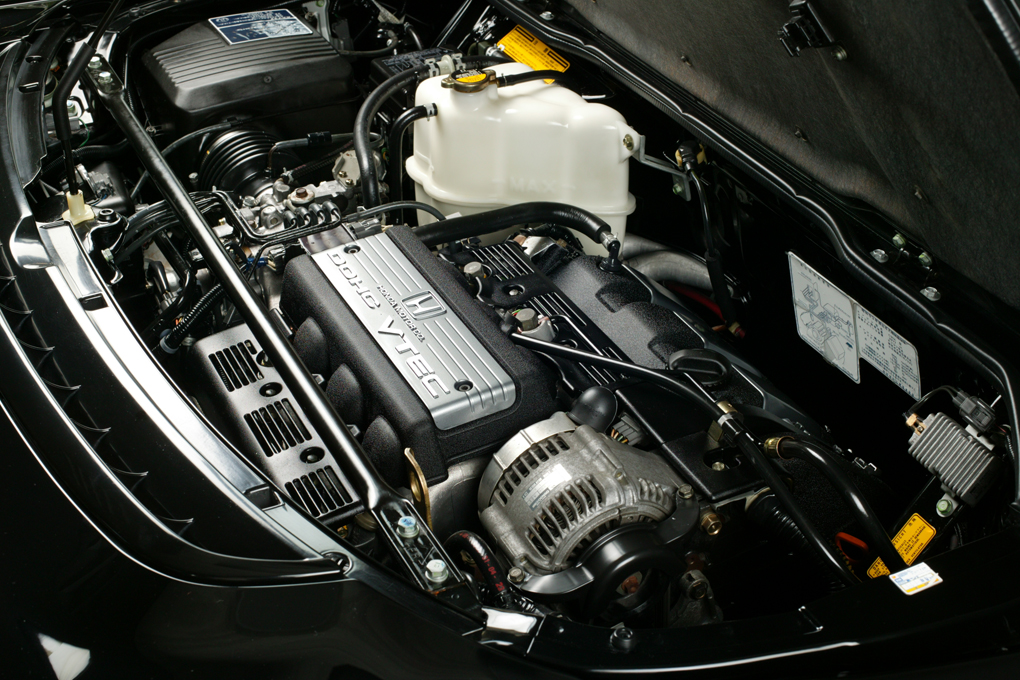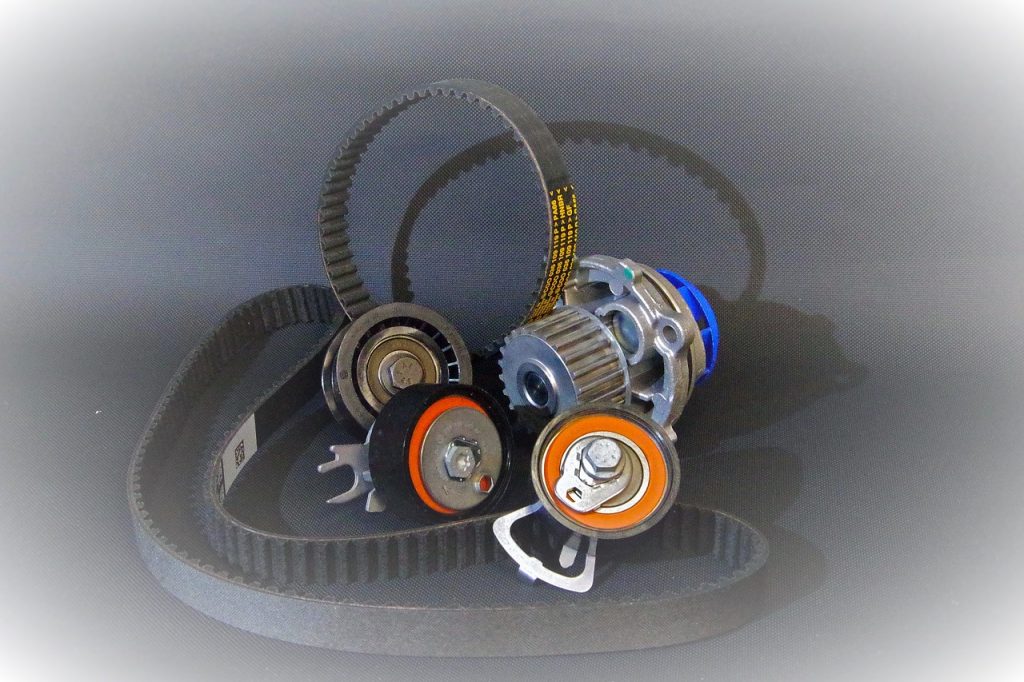Summary
– Timing belt failure: can it be anticipated?
– Causes of timing belt failure
– Timing belt failure: what are the consequences?
– The only solution to avoid timing belt breakage
– Timing belt maintenance and replacement: at what cost?
Timing belt failure is dramatic for a car engine when the critical parts under the hood collide until they are destroyed. The scenario: at the wheel, the driver sees his wheels lock, and the brake pedals become hard. It is crucial to have your vehicle checked regularly because, unfortunately, no warning signs will warn you.
Timing belt failure: can it be anticipated?
The timing belt is an essential part of car mechanics. It is sharp and under tension, allowing the engine components to act synchronously. Its primary function is to drive the crankshaft and camshaft, moving the engine pistons and valves. A belt breakage inevitably has dramatic consequences for the engine.
Until about 20 years ago, timing belts were made of steel chain. Today they are made of fiberglass embedded in the rubber and are therefore much quieter. Unfortunately, no noise or warning signs will be able to warn you of breakage.
Causes of timing belt breakage
The timing belt wears out with each action since there are movement and friction at first and climatic variations due to the part’s location, very close to the combustion system. Therefore, it is customary to have your vehicle checked regularly by a professional; the first cause of breakage is often irreparable wear and tear.
However, some belt breaks are sometimes the consequence of a lousy adjustment or a mechanical anomaly:
– the presence of a foreign body in the transmission can cause a tear;
– too low tension of the belt can tear the teeth (idem if some parts are seized up);
– abnormally high or low temperatures under the hood of a car can cause external cracks in the timing belt;
– excessive tension often leads to premature wear of the belt surface;
– leakage of fluids (coolant or oil) causes corrosion of the parts that will eventually break the belt.
Timing belt breakage: what are the consequences?

The consequences are catastrophic. The parts collide with each other (pistons and valves) and break in a crash. The camshaft also breaks. Repairs are then expensive, and the professional can offer you to change the entire engine to save money.
Caution: a broken timing belt does not prevent it. If you are behind the wheel, the vehicle will stop almost automatically, the engine will become silent, and the braking and steering assistance will stop. When the wheels lock, remember to disengage the clutch to finish your race without damage.
The only way to avoid timing belt breakage is to follow the manufacturer’s recommendation.
Manufacturers recommend changing the timing belt between 60,000 and 240,000 km, depending on the model. This is equivalent to 5 or 10 years of use before breakage. Therefore, you should carefully check the maintenance booklet provided by the seller of your car to have an exact figure. Then remember to schedule a visit to the mechanic well in advance for safety reasons.
Timing belt maintenance and replacement: at what cost?
Here are a few figures to help you understand how much it can cost to maintain and overhaul your timing belt.
– Having your engine checked regularly by a professional is essential. There are packages available at dealerships that allow you to do this. You will be charged an average of $70.
– A timing belt that needs to be changed costs at least $500. The part is expensive, of course, but the operation is still inexpensive compared to the expenses of repairing a broken belt.
– If the timing belt breaks, the entire engine will self-destruct in its tracks. It is, therefore, preferable to change the whole block. Considering the block’s price, labor, and ancillary parts that need to be reprogrammed, the operation costs between $2,000 and $7,000, depending on the vehicle model.


1 comment
[…] How to Anticipate Timing Belt Failure; […]